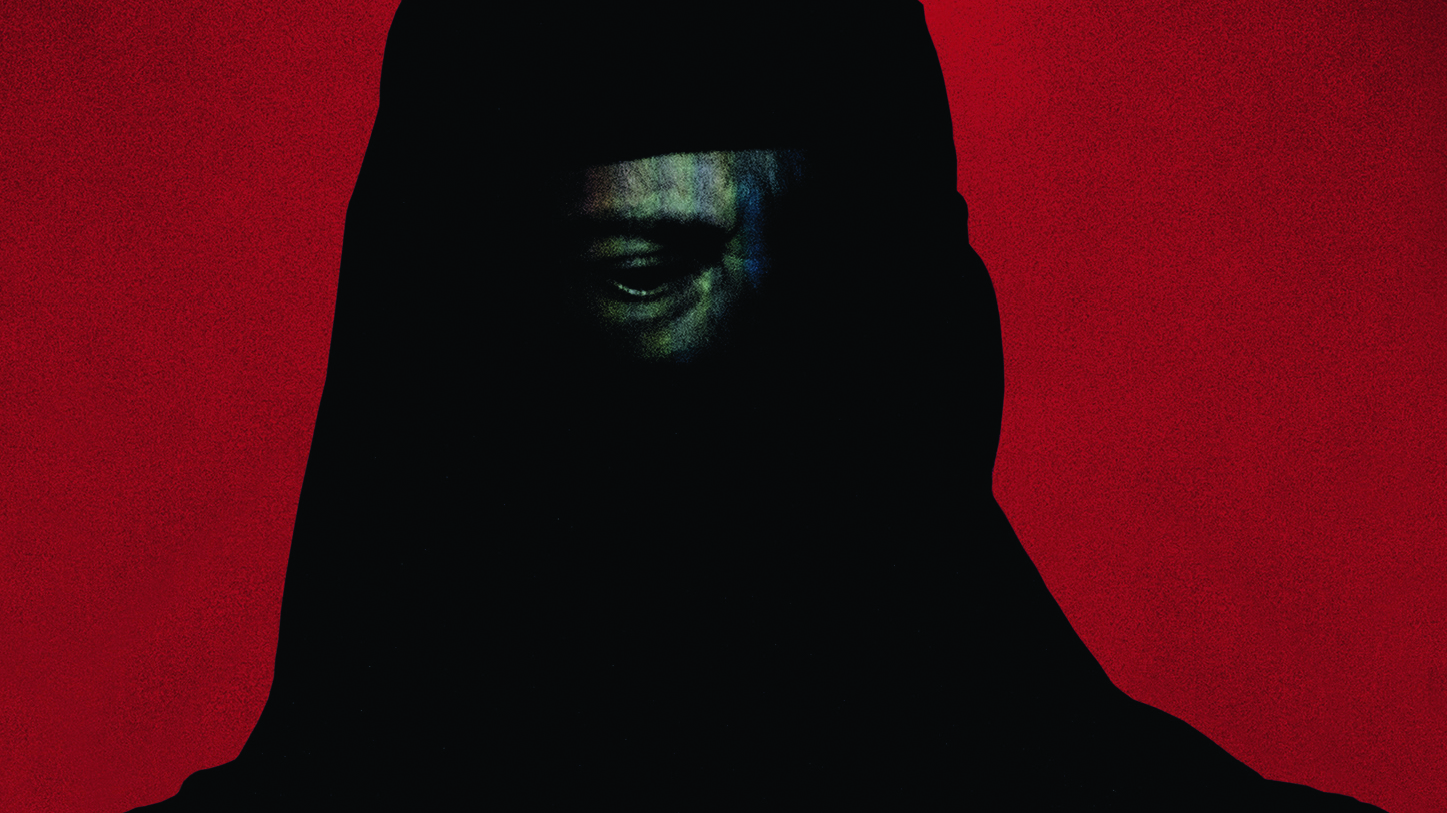“The cinema is a powerful ideological weapon for revolution and construction,” wrote North Korea’s Dear Leader Kim Jong-il in his 1973 classic On The Art Of The Cinema. You wonder what Kim would have made of Liberation Day, Morten Traavik’s documentary about Laibach, which follows the Slovenians as they become the first Western rock act to perform in the DPRK (although this writer witnessed a drunk tourist singing The Star Spangled Banner to a crowd of bemused locals in a Pyongyang hotel bar in 2005).
It’s a film about red tape, trust, cultural difference and technological struggle, and the only real drama occurs when band spokesman Ivan Novak goes walkabout without permission. But it captures Pyongyang’ s surreal, perplexing atmosphere perfectly , and only resorts to hermit-kingdom cliché once, when ominous music is used to soundtrack footage of ordinary North Korean citizens commuting.
“I don’t know what kind of trace we expected to leave here," says Novak.“It’s a small step for Laibach, but a big one for humanity. ”
You might argue with that: the New York Philharmonic’s show in 2008 (documented in the excellent film The Pyongyang Concert), hasn’t increased the amount of cultural exchange between the two countries; and Dennis Rodman’s well documented brand of boozy diplomacy only serves brand Rodman and his sponsors.
But this is Laibach doing what they’ve always done, mischievous agents-provocateur more interested in sparking debate than providing answers. It’s also Laibach doing the things that every North Korean tourist does, whether it’s visiting the Grand Monument on Mansu Hill to leave flowers, or negotiating with their guides for that extra inch’s leeway on a busy itinerary. More uniquely , it’s almost certainly the only documentary you’ll ever watch that includes a listing for “additional goat footage” in the end credits.

